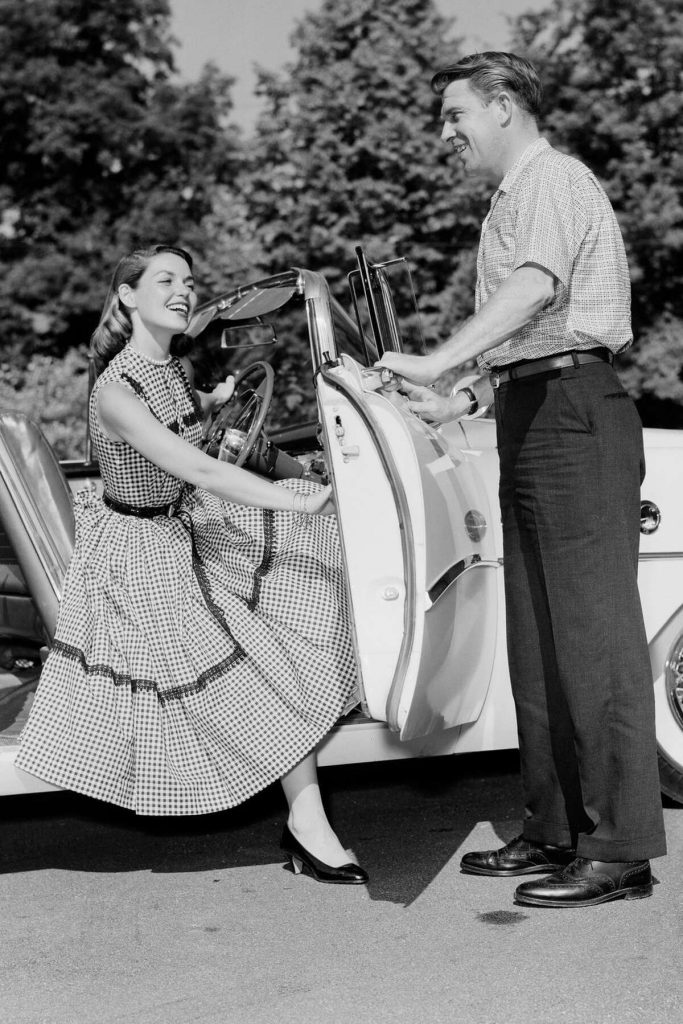
Don’t be an idiot. Be polite.
If those two sentences don’t appear to be natural go-togethers, it’s because we’ve lost track of the origin of a pair of words that were once intimately related.
Let’s start with the Greek word idiotes (id-ee-OH-tays). In ancient times an idiotes was someone who chose not to participate in civic life.
Such a person often lived and worked apart from others. These individuals had little interest in the common good and consequently made few sacrifices to benefit their communities. They were scorned as selfish.
Over time the word idiotes came to represent anyone of inferior character, and by the Middle Ages an “idiot” was someone who displayed inferior thinking.
Mark Twain once said, “Suppose you were an idiot. And suppose you were a member of Congress. But I repeat myself.”
Twain’s razor-edged humor was more than just one cynic’s frustration. A man or woman in a position of leadership, but who remains absorbed in personal interests at the expense of the common good, is, according to the ancient Greeks, a bona fide idiot.
Which brings us to politeness.
A “polite” person, according to the Greeks, was someone who looked out for the interests of the city, or polis.
Polis is a treasure trove for English-speakers. We have “police” who watch over the city, “policies” that provide for the health of our communities, and “politicians” who serve as city leaders. A cultured person is said to be “polished.”
The roots of politeness go back to its original meaning. A polite person cares how things are going with the wider community. Social gestures and rituals of etiquette have evolved as ways to put other people at ease, and to create an atmosphere in which trust can flourish.
We’re not talking about feats of heroism here – just humble expressions of kindness that become a way of life. That’s how holiness grows, too. Holiness (which means imitating the character of God) is within reach of everyone. It grows within a community of persons whenever its members commit themselves to small positive acts. “And whatever you do, in word or deed, do it all in the name of Jesus…” (Colossians 3:17). That is, live in such a way as if Jesus were in your place today.
That’s the beauty and power of politeness.
So hold the door for someone. Say hello. Smile. Say please and thank-you. Offer to help. Pay a compliment. Listen well. Pray for the person serving you at the bank, in the store, and waiting next to you at the red light.
And as a member of the polis, work for the common good. Pay attention. Speak up. Choose to vote. Patronize businesses in a less affluent part of town. Pursue justice. Be brave.
Small acts can lead to very big things.
Otherwise we may all end up looking like idiots.
